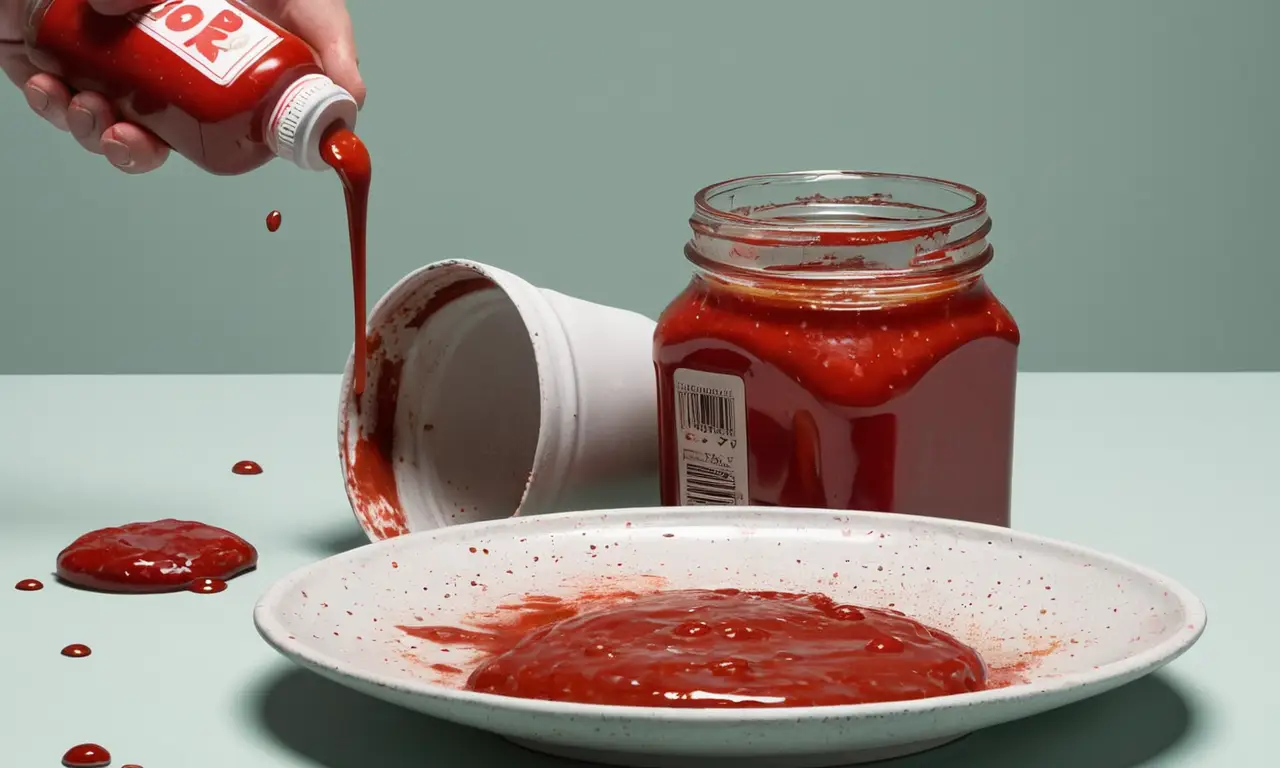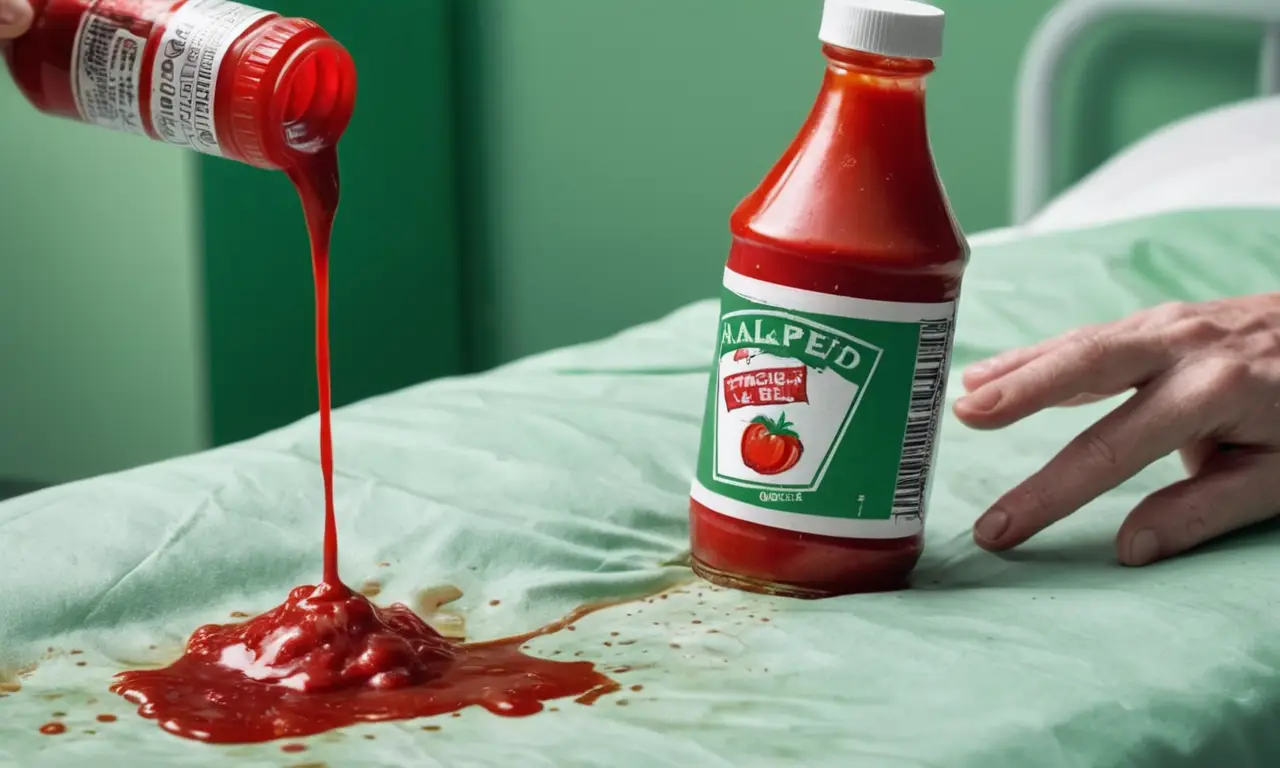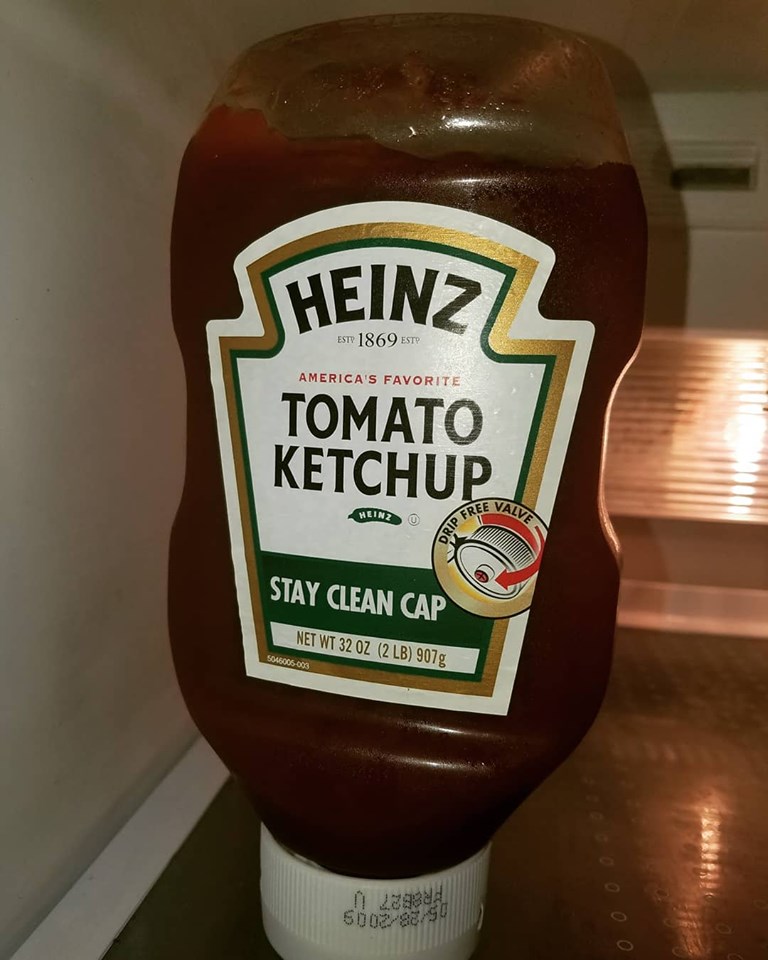Ketchup, that beloved condiment gracing countless burgers, fries, and hot dogs, is a pantry staple for many. But what happens when the expiration date on your ketchup bottle passes? Is it okay to eat expired ketchup, or should you toss it out? While unopened ketchup boasts a surprisingly long shelf life, consuming expired ketchup isn’t advisable. This article delves into the potential risks and changes associated with eating past-its-prime ketchup, empowering you to make informed decisions about your condiment consumption.
We’ll explore the typical shelf life of ketchup, examine the safety concerns surrounding expired ketchup, and discuss the noticeable taste and texture alterations that may occur. Finally, we’ll provide guidance on checking expiration dates and ensuring your ketchup remains safe and delicious.
Expired Ketchup Shelf Life
Unopened ketchup typically has a remarkably long shelf life, often lasting for several months beyond its printed expiration date. This extended shelf life stems from the high acidity of ketchup, which inhibits bacterial growth. The vinegar and tomatoes in ketchup create an environment hostile to most microorganisms. However, it’s crucial to remember that this extended shelf life applies only to unopened bottles stored properly.
Once opened, ketchup’s shelf life significantly diminishes. Exposure to air and moisture allows bacteria to proliferate more readily. The ideal storage method for opened ketchup is in the refrigerator, where cooler temperatures further slow bacterial growth. Even refrigerated, opened ketchup should be consumed within a few weeks to ensure optimal freshness and safety.
Safety Concerns of Eating Expired Ketchup

While ketchup’s acidity naturally inhibits bacterial growth, over time, bacteria can still multiply if conditions are favorable. Consuming expired ketchup carries the potential risk of foodborne illness, particularly if the bottle has been improperly stored or opened for an extended period. Foodborne illnesses can manifest in various symptoms, including nausea, vomiting, diarrhea, and abdominal cramps. In severe cases, they can lead to hospitalization or even death.
It’s important to note that not everyone who consumes expired ketchup will experience food poisoning. Individual susceptibility to bacteria varies, and some people may have stronger immune systems capable of fighting off infection. However, the risk is present, and it’s always best to err on the side of caution when it comes to consuming potentially contaminated food.
Taste and Texture Changes
Beyond safety concerns, expired ketchup often undergoes noticeable changes in taste and texture. As bacteria break down the ingredients, the flavor can become sour, rancid, or simply off-putting. The once smooth consistency may thicken or develop a grainy texture. These alterations are not only unpleasant but also indicate that the ketchup is no longer at its best.
While some individuals might tolerate these changes, others find them highly objectionable. Ultimately, if your ketchup tastes or feels different from how you remember it, it’s best to discard it and purchase fresh.
Foodborne Illness Risk

Foodborne illnesses are a serious public health concern, caused by consuming contaminated food or beverages. Bacteria, viruses, and parasites can all be responsible for these illnesses, leading to a range of symptoms from mild discomfort to life-threatening conditions.
When it comes to ketchup, the risk of foodborne illness is primarily associated with improper storage or handling. Leaving opened bottles at room temperature for extended periods allows bacteria to multiply rapidly. Similarly, cross-contamination during preparation can introduce harmful microorganisms into your ketchup.
Checking Expiration Dates
Always check the expiration date on your ketchup bottle before consuming it. This information is typically printed on the label and indicates the last recommended date for safe consumption. Remember that this date is a guideline, and unopened ketchup may remain safe beyond this date if stored properly.
When checking expiration dates, look for any signs of damage or tampering with the packaging. If the seal is broken or the bottle appears damaged, it’s best to discard the ketchup.
Conclusion
While unopened ketchup boasts a surprisingly long shelf life, consuming expired ketchup isn’t recommended due to potential safety concerns and taste alterations. Expired ketchup may harbor bacteria that can lead to foodborne illness, causing unpleasant symptoms ranging from mild discomfort to severe complications. Additionally, the flavor and texture of expired ketchup often deteriorate significantly. To ensure your safety and enjoyment, always check expiration dates, store ketchup properly, and discard any past-its-prime bottles. By following these simple guidelines, you can continue to enjoy this beloved condiment without worry.



